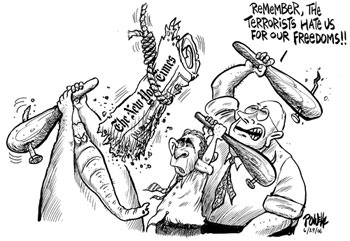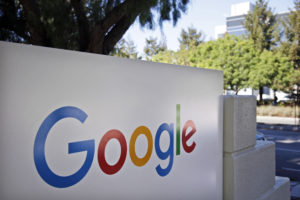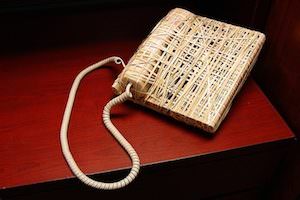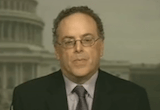Richard Clarke: How Gullible Does Bush Take Americans to Be?
The president's former counter-terrorism chief says the White House wants "the public to believe that it had not already occurred to every terrorist on the planet that his telephone was probably monitored and his international bank transfers subject to scrutiny."
The president’s former counter-terrorism chief says the White House wants “the public to believe that it had not already occurred to every terrorist on the planet that his telephone was probably monitored and his international bank transfers subject to scrutiny.”
Your support matters…Richard A. Clarke and Roger W. Cressey in the N.Y. Times:
… The International Economic Emergency Powers Act, passed in 1977, provides the president with enormous authority over financial transactions by America’s enemies. International initiatives against money laundering have been under way for a decade, and have been aimed not only at terrorists but also at drug cartels, corrupt foreign officials and a host of criminal organizations.
These initiatives, combined with treaties and international agreements, should leave no one with any presumption of privacy when moving money electronically between countries. Indeed, since 2001, banks have been obliged to report even transactions entirely within the United States if there is reason to believe illegal activity is involved. Thus we find the privacy and illegality arguments wildly overblown.
So, too, however, are the Bush administration’s protests that the press revelations about the financial monitoring program may tip off the terrorists. Administration officials made the same kinds of complaints about news media accounts of electronic surveillance. They want the public to believe that it had not already occurred to every terrorist on the planet that his telephone was probably monitored and his international bank transfers subject to scrutiny. How gullible does the administration take the American citizenry to be?
Terrorists have for many years employed nontraditional communications and money transfers ? including the ancient Middle Eastern hawala system, involving couriers and a loosely linked network of money brokers ? precisely because they assume that international calls, e-mail and banking are monitored not only by the United States but by Britain, France, Israel, Russia and even many third-world countries.
Independent journalism is under threat and overshadowed by heavily funded mainstream media.
You can help level the playing field. Become a member.
Your tax-deductible contribution keeps us digging beneath the headlines to give you thought-provoking, investigative reporting and analysis that unearths what's really happening- without compromise.
Give today to support our courageous, independent journalists.






You need to be a supporter to comment.
There are currently no responses to this article.
Be the first to respond.